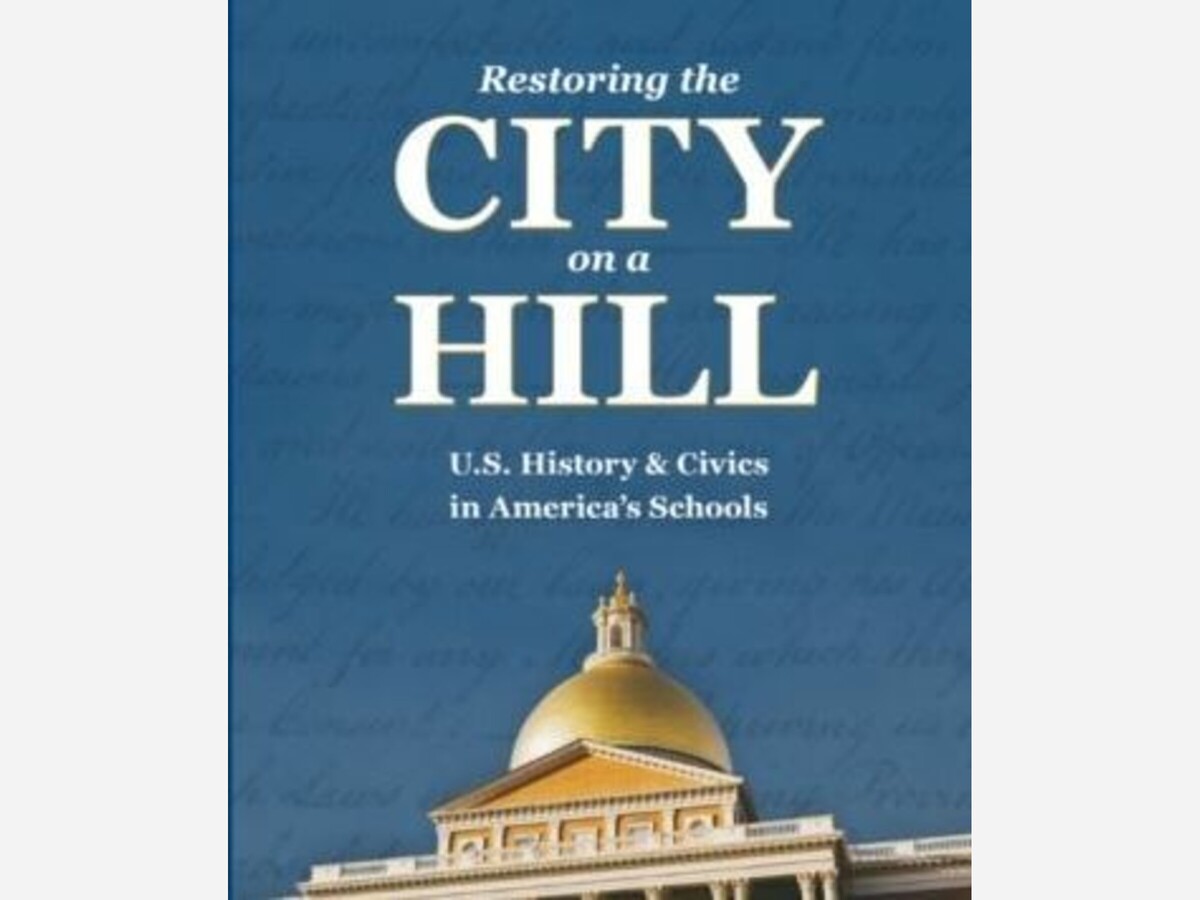Image


Pioneer Institute recently released, Restoring the City on a Hill: U.S. History and Civics in America's Schools, which details the decline of history and civics knowledge among students and offers a plan for how states and local school districts can foster understanding of and curiosity about our nation's history.
"The importance of a strong U.S. history and civics curriculum cannot be overstated. Yet states have abandoned their teaching of these crucial issues in favor of other subjects over the years," said Chris Sinacola, co-editor of Restoring the City on a Hill. "U.S. history and civics scores are lower than ever. It's long past time for states and local communities to take an active role in recommitting to history and civics instruction."
Restoring the City on a Hill: U.S. History and Civics in American Schools emphasizes the importance of a strong foundation in the two subjects for long-term student success. The book calls for a bottom-up approach and delves into recommendations for state and community leaders to reform U.S. history and civics standards.
Among the book's recommendations:
● Require students to pass the U.S. citizenship test as a criterion for high school graduation.
● Develop a curriculum that incorporates the reading of U.S. history in every grade, with a focus on primary source documents such as the Declaration of Independence, U.S. Constitution, and The Federalist Papers.
● Increase investment in professional development programs for educators.
● Establish an open, inclusive process for parent and community input in the curriculum through panels, surveys, and regional meetings.
"Understanding our country's history and how our government works is central to our role as American citizens," said Jamie Gass, Pioneer Institute's Director of School Reform and co-editor of Restoring the City on a Hill. "Our book urges states to adopt U.S. history and civics curriculum that will equip students with the knowledge they need to be informed participants of our democracy."